Strengthening engagement with businesses
To improve the quality of training and ensure human resources meet the requirements of the labor market, Ho Chi Minh City International College determines that vocational education must be closely linked to business needs. From 2025, the school will innovate the training program and student management system, monitoring from input to output.
Mr. Nguyen Dang Ly - Principal of the school said that the school's student management system has been innovated according to a three-party coordination model: School, lecturers and parents supervise together. Thanks to that, parents, staff and lecturers only need to look up on their phones to grasp the learning situation, level of attendance and assessment results of each subject of students.
For lecturers, Ho Chi Minh City International College requires close monitoring of students' learning and internship process. Lecturers are responsible for taking students to businesses for internship, ensuring that internship activities are not only experiential, but also create real value for the business.
During that process, lecturers and students research and propose solutions to overcome the difficulties that businesses are facing. The school requests that businesses use a portion of the profits from these solutions to pay students during their internship.
Mr. Nguyen Dang Ly shared: Before implementing the program, we were worried that the lecturers would object, but in fact, after applying it, we received great support. With the companionship and support of the teachers, the students were no longer confused and the effectiveness of the internship was significantly improved.
Similarly, Far East College regularly updates new technologies such as artificial intelligence (AI), big data, automation, etc.; at the same time, promoting the application of digital transformation in blended learning, using simulation, virtual reality and digital learning materials to improve teaching quality. The school also strengthens its connection with businesses through training on orders, implementing business modules, internship semesters, as well as establishing a center for entrepreneurship and innovation.
Ms. Phan Thi Le Thu - Permanent Vice Principal of Far East College said that the school applies a dual training model: Students both study at school and gain practical experience at businesses so that they can work immediately after graduation.
Enterprises regularly update new technology and modern machinery, creating conditions for students to gain practical experience, learn more knowledge, and at the same time identify recruitment needs as well as their own limitations to promptly overcome them.
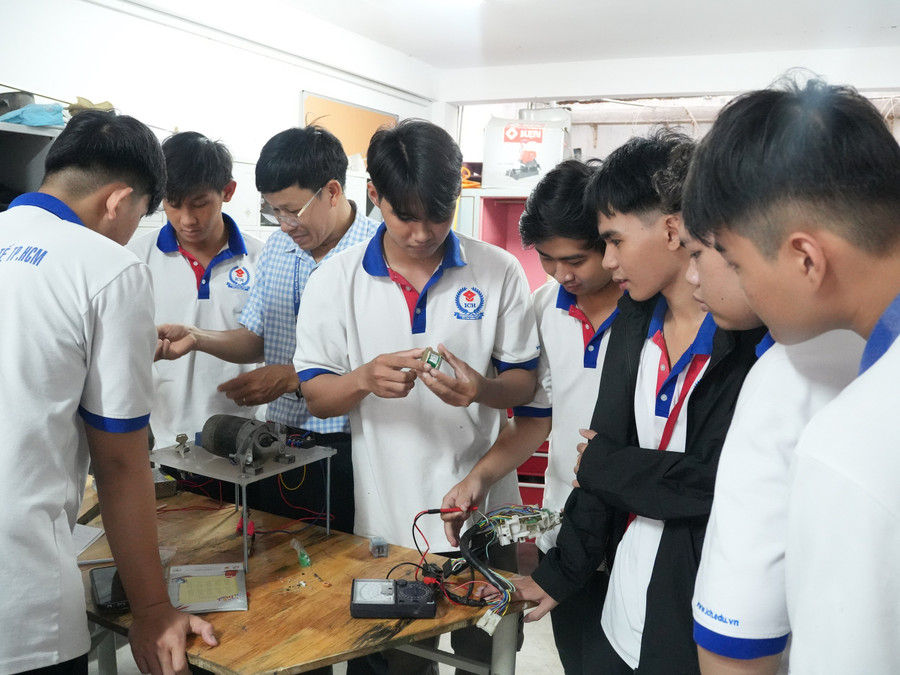
Strengthening scientific research
Nowadays, vocational colleges not only focus on training programs, but also strengthen international links and promote scientific research to improve students' self-study and research skills after graduation.
At Far East College, students are encouraged to participate in scientific research from their first year through academic clubs organized by the faculty and youth union. The school also sets aside funds to support students’ scientific research topics, promptly rewards scientific publications and awards, and calls for scholarships and investment sources to support students in starting a business.
Ms. Phan Thi Le Thu said that the school always focuses on applied research topics related to the practical needs of businesses and localities. The connection between lecturers and businesses is implemented through joint research groups with the support of businesses; lecturers are sent to businesses to practice and access new technology, and the school also invites experts from businesses to teach students.
Regarding scientific research topics, according to Mr. Nguyen Dang Ly, Ho Chi Minh City International College established two rounds of assessment. Round 1, when students register for scientific research topics, the school establishes an appraisal council. Round 2, after passing the school-level appraisal council, good topics will be coordinated with professors of affiliated universities abroad to support students in their research.
In addition, to make research topics feasible and practical, the school also organizes internships for students at enterprises, thereby identifying the strengths and limitations of the topic and finding solutions to the difficulties that enterprises face. During the research process, students are supported by professors from foreign universities, helping them access modern science and technology and update new knowledge.
In addition, vocational colleges are now proactively expanding international cooperation through the reception and transfer of international training programs. Students can study for a double degree, participate in 2+2 or 3+1 transfer programs with partner universities abroad, as well as participate in student-lecturer exchanges for academic exchange, foreign language training and global skills. Schools also cooperate to implement research topics with international partners, aiming at scientific publications, inventions and technological products.
In addition, lecturers are sent to study at foreign schools and businesses, participate in training courses with international experts, thereby improving teaching methods according to international standards.
Through international cooperation, colleges can participate in joint projects, access scholarships, transfer technology and enhance their training brand. At the same time, this activity also opens up a diverse learning environment for students, opportunities to gain experience and find jobs in the future. - Associate Professor, Dr. Nguyen Tien Dong - Principal of Ly Thai To College
Source: https://giaoducthoidai.vn/trien-khai-nhiem-vu-nam-hoc-moi-thuc-hien-dong-loat-nhieu-giai-phap-post749188.html


![[Photo] Many streets in Hanoi were flooded due to the effects of storm Bualoi](https://vphoto.vietnam.vn/thumb/1200x675/vietnam/resource/IMAGE/2025/9/29/18b658aa0fa2495c927ade4bbe0096df)

![[Photo] General Secretary To Lam receives US Ambassador to Vietnam Marc Knapper](https://vphoto.vietnam.vn/thumb/1200x675/vietnam/resource/IMAGE/2025/9/29/c8fd0761aa184da7814aee57d87c49b3)
![[Photo] General Secretary To Lam attends the ceremony to celebrate the 80th anniversary of the post and telecommunications sector and the 66th anniversary of the science and technology sector.](https://vphoto.vietnam.vn/thumb/1200x675/vietnam/resource/IMAGE/2025/9/29/8e86b39b8fe44121a2b14a031f4cef46)
![[Photo] National Assembly Chairman Tran Thanh Man chairs the 8th Conference of full-time National Assembly deputies](https://vphoto.vietnam.vn/thumb/1200x675/vietnam/resource/IMAGE/2025/9/29/2c21459bc38d44ffaacd679ab9a0477c)



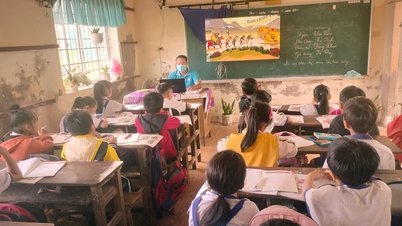








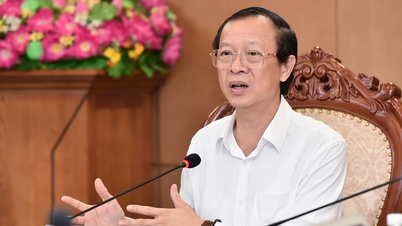

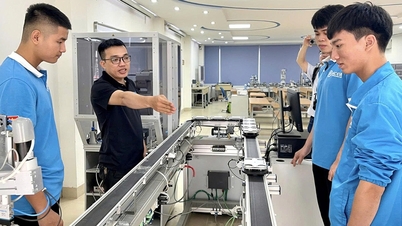
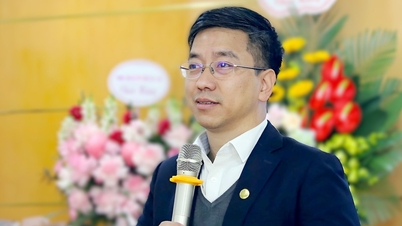

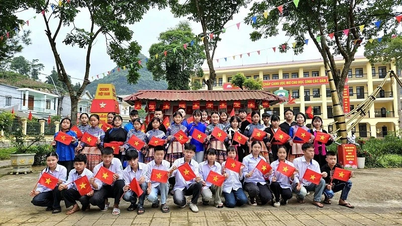







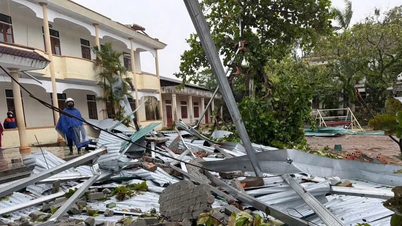

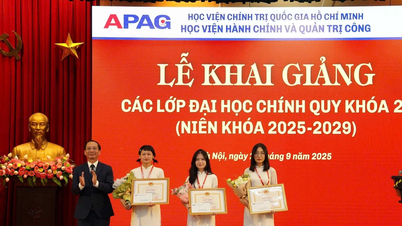
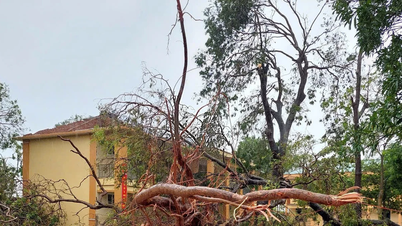































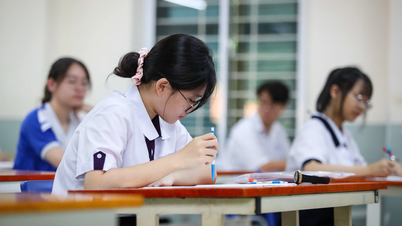
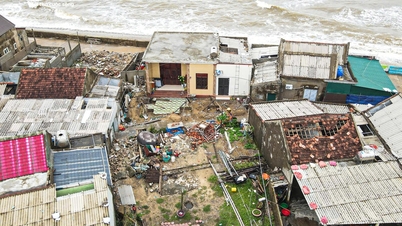











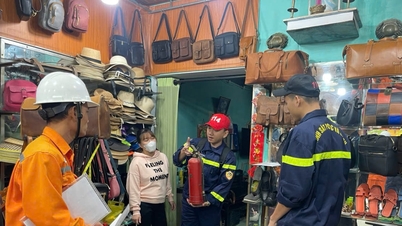

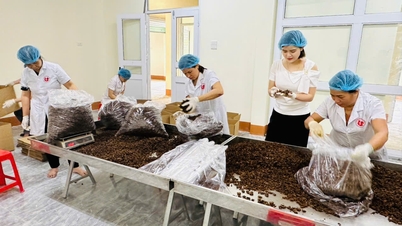

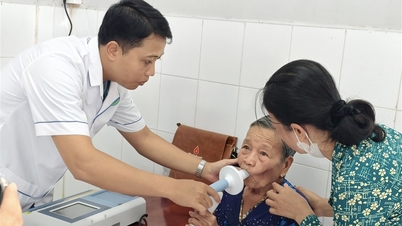



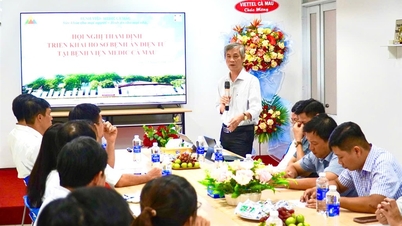















Comment (0)